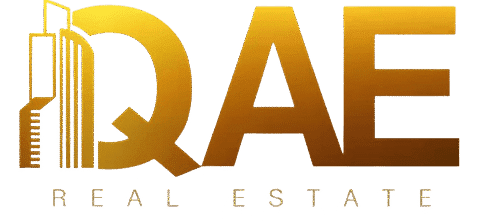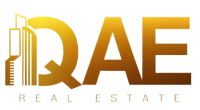In the United Arab Emirates’ real estate market, especially in Dubai, two essential documents often come into play when purchasing property: Oqood and the Title Deed. Both serve crucial yet distinct roles in the property ownership lifecycle. Understanding the differences between them is vital for any investor or homebuyer looking to navigate the UAE’s property landscape confidently.
What is Oqood?
Oqood (Arabic for “contracts”) is a preliminary registration certificate issued by the Dubai Land Department (DLD) through its subsidiary, the Real Estate Regulatory Agency (RERA), for off-plan properties. It is generated once a buyer purchases a property that is still under construction.
-
Applicability: Only for off-plan property purchases.
-
Issued by: Dubai Land Department via RERA.
-
Timing: After signing the Sales and Purchase Agreement (SPA) and making the initial payment.
Purpose of Oqood
Oqood ensures transparency and protects the rights of both developers and buyers during the construction phase. It acts as a legal acknowledgment of the buyer’s investment and is mandatory to be registered with the DLD. The system also tracks project progress and guarantees that developers adhere to approved timelines and specifications.
What is a Title Deed?
The Title Deed is the official ownership certificate issued by the Dubai Land Department once the property has been completed and handed over. It represents the final and legal proof of ownership of a real estate asset in the UAE.
-
Applicability: For ready properties, including completed off-plan units, resale properties, and secondary market transactions.
-
Issued by: Dubai Land Department.
-
Timing: Upon final payment and property handover.
Purpose of the Title Deed
The Title Deed legally registers the buyer as the absolute owner of the property. It is required for any future legal actions involving the property, such as leasing, selling, mortgaging, or inheritance transfer.
Key Differences Between Oqood and Title Deed
| Aspect | Oqood | Title Deed |
|---|---|---|
| Property Stage | Off-plan (under construction) | Ready / Completed property |
| Legal Status | Preliminary ownership record | Final and legal proof of ownership |
| Issued By | RERA (under DLD) | Dubai Land Department |
| Use Case | Registration of off-plan sales | Registration of full ownership upon completion |
| Transferability | Can be reassigned or sold (with conditions) | Freely transferable |
| Required Documents | SPA, Emirates ID, payment receipts | Oqood (if applicable), NOC, payment clearance |
| Fees | Lower DLD registration fee (4% of property price split) | Standard DLD fee (4% of property value) |
When is Each Applicable?
-
Use Oqood when buying a property still under construction from a developer. It stays active until the property is completed and all payments are cleared.
-
Use Title Deed once the property is completed and handed over, serving as your proof of legal and financial ownership.
Final Thoughts
Both Oqood and Title Deed play essential roles in the UAE property market. Oqood protects off-plan buyers during development, while the Title Deed marks the conclusion of the purchase process and guarantees ownership rights. Understanding their roles ensures buyers make informed decisions, avoid legal complications, and secure their property investments with confidence.

